

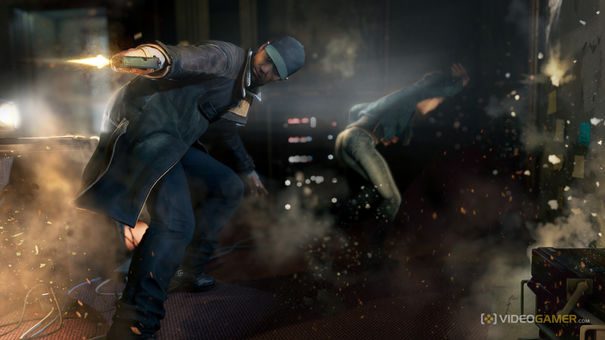

The delay of Watch Dogs has had a significant impact on the launch of next-generation hardware. While we're all still being treated with the likes of Killzone, Battlefield and Call of Duty (hooray for shooters…!), more than a few people had decided Ubisoft's new IP was the real gem in the Xbox One's and PS4's crowns. It had intrigue, a seemingly excellent idea and, arguably most importantly, looked like it belonged on a machine much more powerful than what we currently have. It was the game many were already envisioning showing off to friends as their shiny new device sat beneath their television sets.
This may sound like quite the exaggeration, but after the announcement the internet was flooded with comments, many referring to the fact that now Watch Dogs is a spring 2014 release, their personal entry into the next-generation can wait. Quite the statement all things considered.
On Ubisoft's part, it's a bold move. If Watch Dogs truly was in need of a few more months in development, then actually greenlighting the decision to allow this is commendable. Aside from customer dissatisfaction - every 'good for them' is always countered with a 'but I want it now' - it has cost the French publisher a lot of money. As Ubisoft's own press release stated:
"The Company now targets sales of between €995 million and €1,045 million and a non-IFRS operating loss of between €(70) million and €(40) million. Prior targets were sales of between €1,420 million and €1,450 million and non-IFRS operating income of between €110 million and €125 million."
In short, pushing Watch Dogs back to allow for "extra time to polish and fine tune every detail" has affected the company's entire financial plan, and ensured it will likely make a loss in FY 14.
The question, of course, is why this was the case. Announced way back at E3 in 2012, Ubisoft has been focused on bringing in the next-generation with its hacking adventure for some time. Such was its confidence, it was even happy to leave Assassin's Creed IV in its usual November timeslot, putting two of its biggest titles only weeks apart. A very rare sight within the world of video games.
For that very reason alone there's no way the impending Black Flag had anything to do with Watch Dog's slip, but that's not to say another game didn't. Much has been made of GTA's ongoing success, and the reaction is not something that's slipped past the dutiful eye of those at Ubisoft Montreal, as such imagery shows.
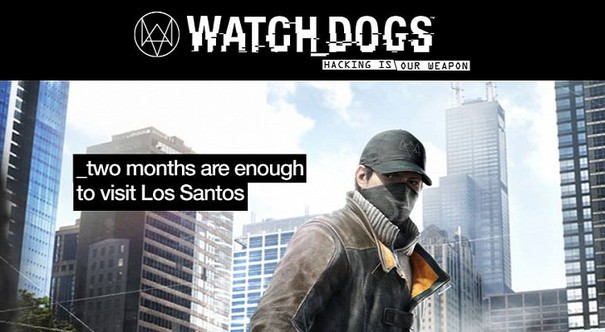
For my money, that's a very brash statement to make, especially on the back of what many deem to be the best game of the current generation. If quality, or the lack thereof, was an issue, you'd imagine it would've been apparent long before September, the time when the above image was released. Should you be so brave, you could even go as far to say that a month ago Ubisoft was very confident in its game. Confident enough, at least, to goad GTA in the week it was released.
Wind that clock forward to today, though, and the shift is paramount. While quality will remain the point Ubisoft sticks to - and, again, there's most likely some truth in that - it's highly likely that the sheer sheen and style GTA 5 brought with it was enough for those in charge at Paris HQ to rethink where the bar was originally set. Regardless what your opinion on the latest Grand Theft Auto is, it did put a lot of other games to shame, not least in how it approached the concept of an open world. Filled to the brim with things to do, it also had the enviable position of being absolutely gargantuan. To date, no one, for sure, knows exactly how big Watch Dogs' environment was.
There was always going to be somewhat of a risk releasing anything in the wake of GTA - people are only just dipping their toes with what it offers online, for example - so it would be unfair to assume games are running scared for the sake of it. If, on the other hand, it opens up a few people's eyes to the possibilities at hand - and in turn triggers the realisation that more has to be done - then there's every chance such a move was directly related to something that had been underestimated.
Even if true, however, Ubisoft still deserves credit. While middling review scores may've hurt its pride, it's unlikely, given the buzz, they would have had a serious dent in sales. Watch Dogs was the game. To actively look past all that - even if it was just trying to compete with its competitors - is admirable. The bottom line is that Ubisoft, potentially, wasn't happy with the level of its product.
There's every chance that Watch Dogs may find itself in another GTA battle come next year - who wouldn't want a next-gen version of GTA 5 around March? - but it's also imperative that whatever state it arrives in, it's strong enough to impress even the most hardened of individuals. They may not be so forgiving second time around…
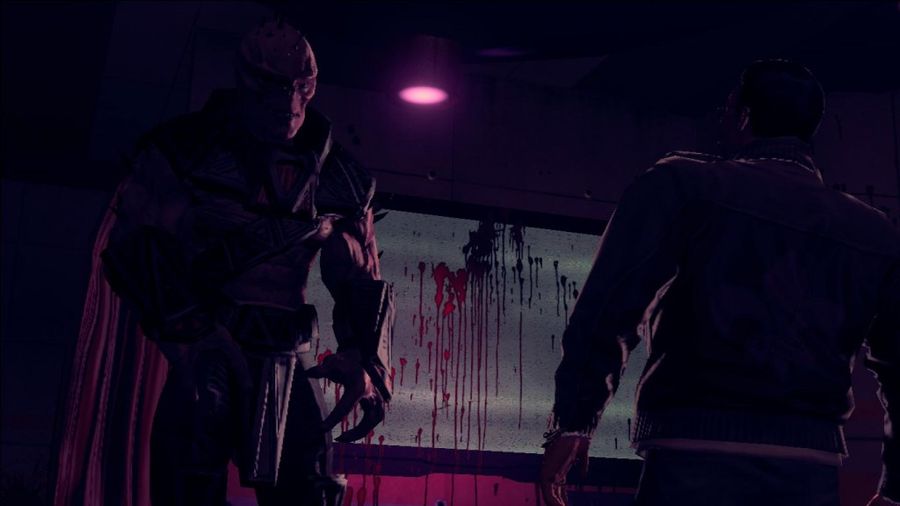
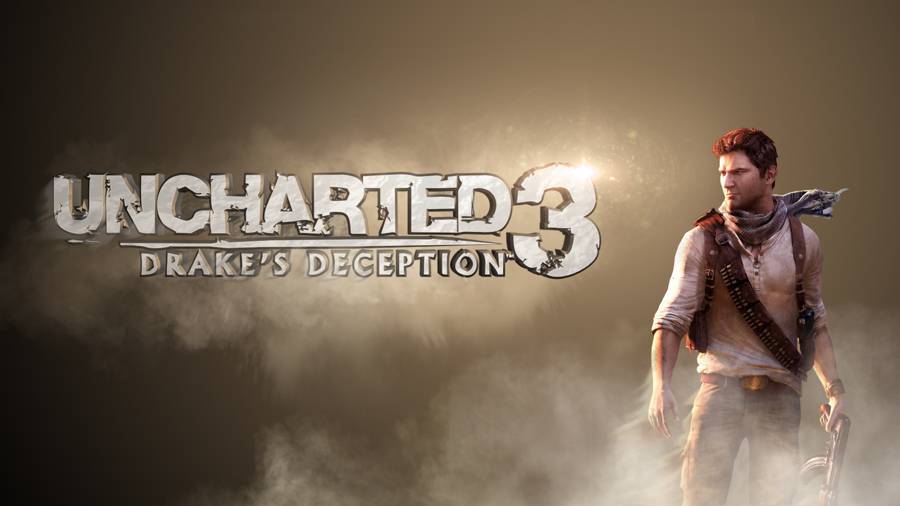
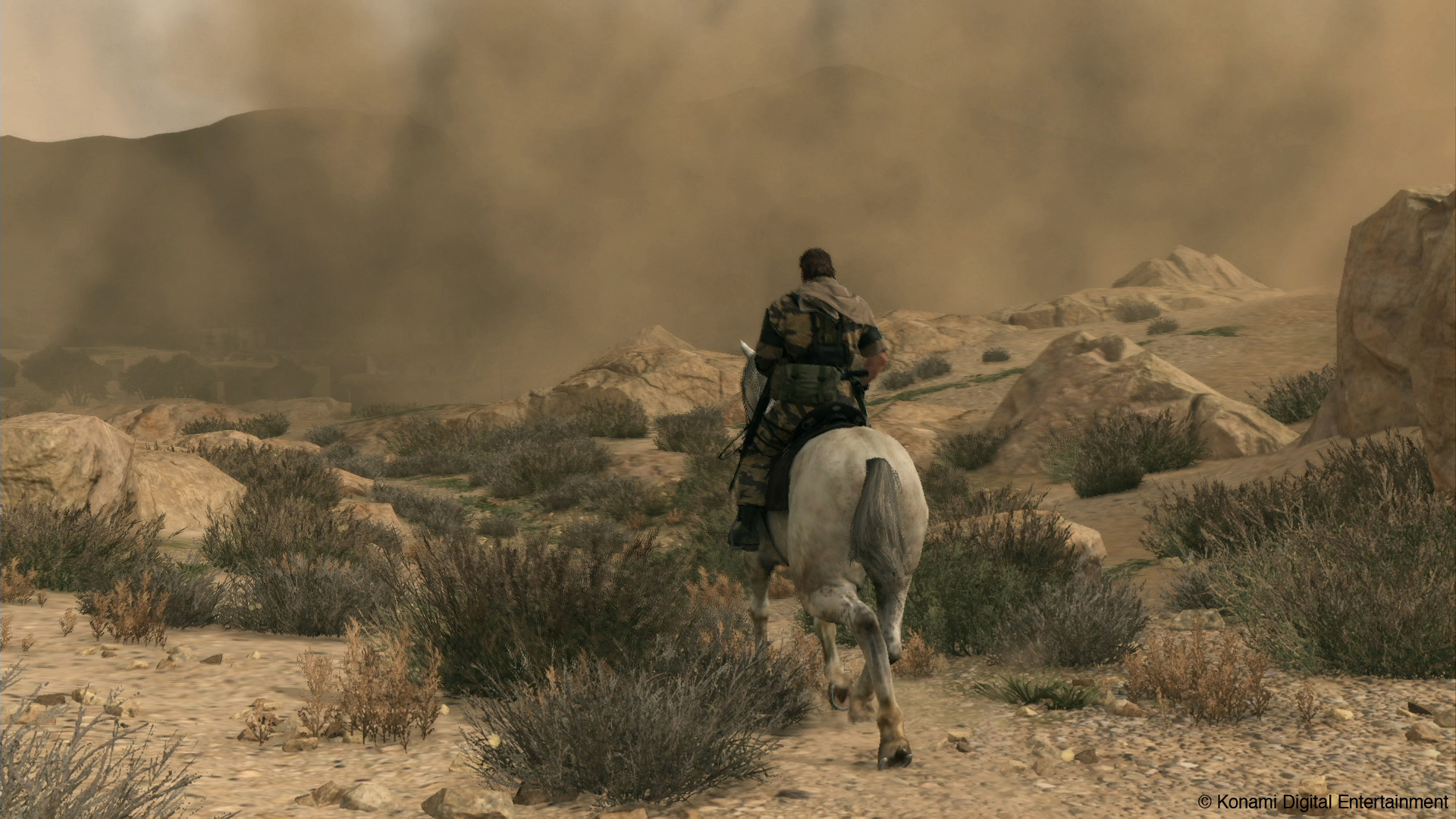
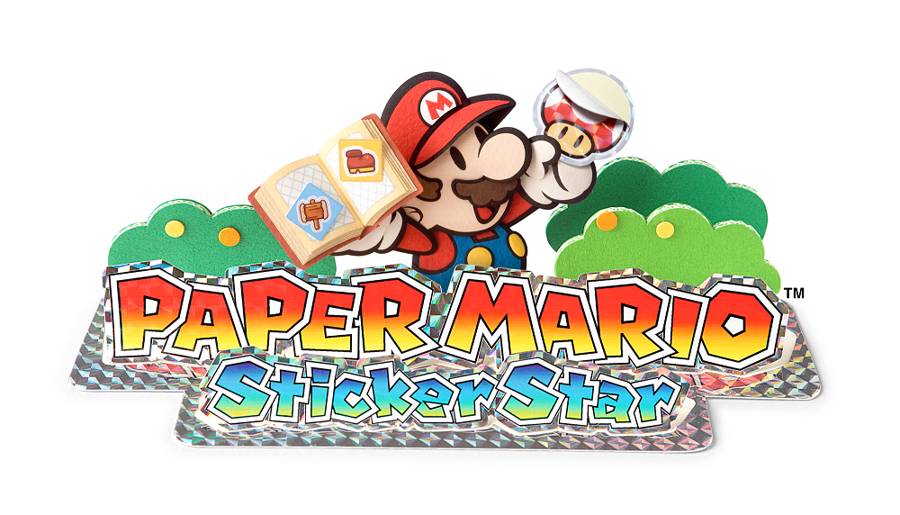
 DOTA Hero Tips: Axe
DOTA Hero Tips: Axe How to Zombie-Proof Your Village in Minecraft
How to Zombie-Proof Your Village in Minecraft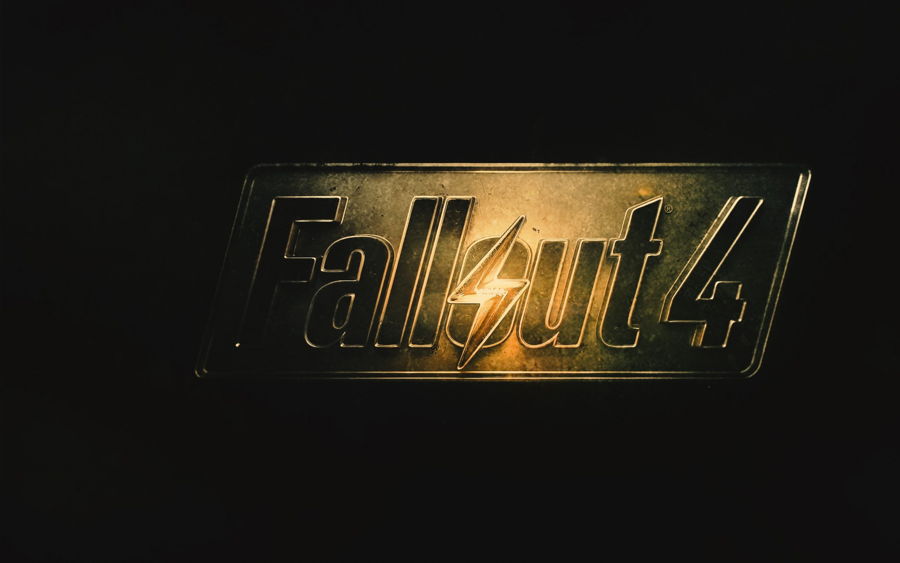 5 Reasons You Should Try Melee In Fallout 4
5 Reasons You Should Try Melee In Fallout 4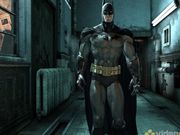 Is Batman better in 3D?
Is Batman better in 3D?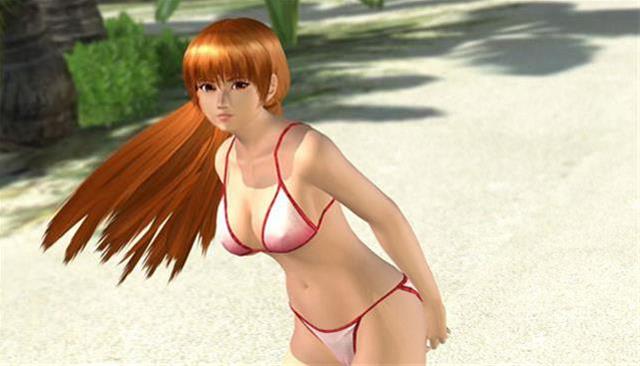 Dead Or Alive Xtreme 3’s snub of the West stinks of a sleazy marketing ploy
Dead Or Alive Xtreme 3’s snub of the West stinks of a sleazy marketing ploy